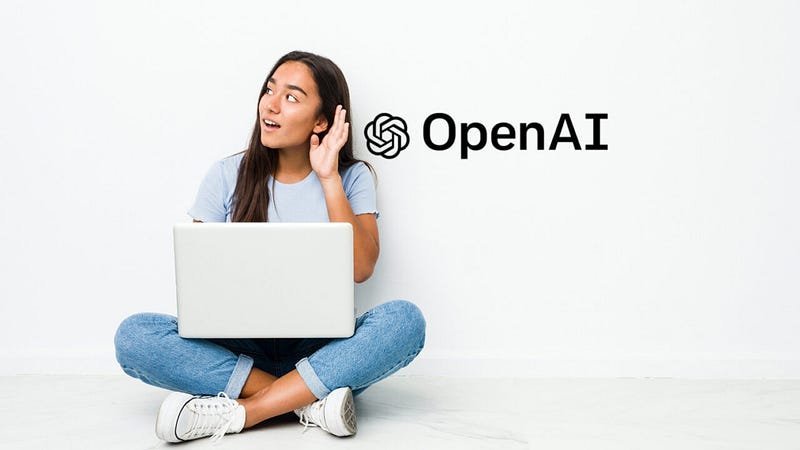In recent years, the field of mental health care has seen a significant shift with the emergence of artificial intelligence (AI) and chat bot platforms. People are turning to these AI-powered tools, such as ChatGPT, for mental health support. While this trend may offer certain benefits, it also raises concerns about the qualifications and limitations of AI in the therapy context. This article aims to delve into the potential benefits, drawbacks, and the future of incorporating AI into mental health care.
Potential Benefits of AI in the Therapy Context
-
Accessibility and Affordability: AI platforms provide a convenient and cost-effective way for individuals to access mental health support. They can reach out to these resources at any time, overcoming geographical and financial barriers.
-
Anonymity and Reduced Stigma: Chat bots allow users to maintain anonymity, which can be particularly valuable for those who feel uncomfortable seeking traditional therapy. The absence of face-to-face interaction may help reduce the associated stigma and encourage individuals to seek help.
-
Availability and Scalability: AI platforms have the potential to provide therapy to a large number of people simultaneously. They can handle a high volume of inquiries, helping bridge the gap between the demand for mental health care and the limited availability of human therapists.
Drawbacks of Artificial Intelligence as a Therapist
-
Lack of Human Connection: AI platforms cannot replicate the depth of human empathy and emotional connection that can be established in traditional therapy. The nuanced understanding of human emotions and the ability to provide tailored responses are still areas where AI falls short.
-
Limited Clinical Judgment: Even the most advanced AI therapist lacks the clinical judgment, intuition, and contextual understanding that a qualified human therapist possesses. AI algorithms rely on pre-programmed responses and may struggle to navigate complex, unique, or delicate situations.
Incorporating AI into Mental Health Care
Recognizing the limitations of AI, a combination of human and AI therapy is likely the most effective approach. By integrating AI tools into traditional therapy, therapists can enhance their practices and provide more personalized care. AI can assist in tasks such as initial assessments, tracking progress, and delivering psychoeducation, while therapists focus on building therapeutic relationships and conducting deeper interventions.
The Future of Mental Health and AI
AI’s role in mental health care is still in its early stages, but changes are undoubtedly taking place. As technology continues to evolve, AI may become more sophisticated in understanding and responding to human emotions. However, it is crucial to strike a balance between AI and human involvement to ensure the provision of ethical, effective, and empathetic mental health care says Dr.R.K.Suri founder and senior clinical psychologist at Psychowellnesscenter in west Delhi.
Key Takeaway For You
While AI platforms like ChatGPT offer convenience, affordability, and anonymity, they cannot replace the human element crucial to therapy. Incorporating AI into mental health care can enhance accessibility and scalability, but it is essential to acknowledge the limitations of AI as therapists. The goal should be a combined approach, where AI supports human therapists, to provide comprehensive and effective care. As we navigate the future, it is crucial to carefully examine and monitor the ethical and practical implications of AI in mental health care to ensure the well-being of individuals seeking support. The focus should be on secondary care as there is no replacement for in person therapy with a human, a certified professional.

